How to Avoid RV Repair Headaches as a Full-Time RVer
Along with the many benefits of living full time in an RV comes one of the biggest headaches: the required maintenance and inevitable repairs. It’s at those times that full time RVers are reminded that their home is actually a vehicle, and like all vehicles, will occasionally break down.
In this article I’ll share some tips from my personal experience as a full time RVer that will help you stay on top of RV maintenance and keep RV repair headaches to a minimum…without having to become a full-time mechanic.
Tip 1: How to Avoid RV Repair Headaches: Keep Up With Preventative Maintenance
Keeping up with preventative maintenance is the best way to avoid costly repairs down the road, but when we bought our first RV, no one told us about the required maintenance tasks we needed to be doing, and we didn’t know we needed to ask. Some of the RV maintenance tasks that need to be done regularly that we had no idea about include:
- Inspecting sealant on the roof and exterior seams and replacing as needed.
- Lubricating slide-out mechanisms and conditioning the wiper seals to keep water out.
- Flushing the water heater and replacing the anode rod. See this page for more information: Caring For Your Fresh water System
The owner’s manual for your RV and all its appliances will include maintenance recommendations, but if you’re like me and don’t want to read all the manuals from cover to cover, I would suggest using an RV Maintenance Checklist as a guide to know what maintenance you need to be doing and how often. YouTube is a great resource for learning how to do any type of RV maintenance task.
Tip 2: How to Avoid RV Repair Headaches: Keep an Emergency Toolkit in Your RV
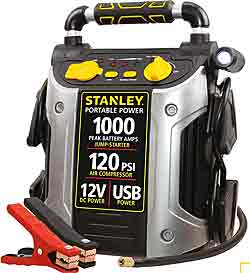
If something breaks or goes wrong, you’ll be glad to have these essentials on hand:
- A basic set of tools including wrenches, screwdrivers, and sockets.
- Butyl tape, RV caulk, and lap sealant to keep out rain and prevent water damage in case of a puncture to your RV roof or exterior until you can schedule a professional repair.
- A portable air compressor for checking pressure and airing up tires. Bonus if you get one like this that includes jumper cables and can jump start a dead battery or let you charge your cell phone in an emergency.
- Duct tape, electrical tape, and plumber’s tape.
- A utility knife or multitool.
- A headlamp and work gloves to make emergency repairs safer and easier, especially at night.
- Tire changing tools and a hydraulic jack. See more details about that on this page: Tires for your tiny home
Tip 3: How to Avoid RV Repair Headaches: Learn the Basics of Your RV Systems
Investing some time up front into learning how each system works and what maintenance it requires will help repairs feel a lot less intimidating later.
As an example, I remember when we bought our first RV having lots of issues related to the toilet and holding tanks. For several weeks we had a sewage smell coming up from the toilet, but after finally doing some research, I realized that the smell was happening because we weren’t flushing the pedal hard enough to cause the toilet to seal fully. I also learned that the toilet seal needed to be cleaned and lubricated from time to time to make sure it continued to do its job. Once I had a better understanding of how RV toilets worked, our issues went away and we were able to keep our toilet and sewage system functioning the way it was supposed to.
Some RV systems are easier to learn than others, but try not to wait until something breaks before you get at least a basic idea of the purpose of the system and how to maintain its components.
See our page listing RV workshops for course, boot camps, and other ways to learn about your RV.
Tip 4: How to Avoid RV Repair Headaches: Always Have a Backup Plan
In the worst case scenario of your RV becoming unusable, you’ll need other options. Here are some ways you can prepare for the worst while hoping for the best:

- Download a map of the area (such as with Google Offline Maps) that can be used even if you don’t have cell service (or purchase a paper map).
- If you don’t already have one, consider buying an RV generator that can be used to power electronics, or even just a solar cell phone charger so you can always call for help.
- Keep a spare credit card hidden somewhere inside your RV in case your wallet gets lost or stolen.
- Set aside an emergency fund that could be used to pay for a hotel, and identify a friend or family member who would be willing to let you stay with them for a few days if needed.
- Consider purchasing an extended warranty for your RV if your factory warranty has expired. This saved us so much money on repairs while we were living in our RV full time…not to mention the convenience of being able to hire a professional instead of trying to DIY all our repairs.
Tip 5: How to Avoid RV Repair Headaches: Install the free RV Help app
My husband and I spent three years living in an RV full time and have several more years of experience as RV owners after that. The RV repair nightmare stories I could tell would be too long to fit in one article, but unfortunately those experiences are not uncommon among RV owners.
Motivated by a desire to help RV owners spend less time worrying about unexpected repairs and more time enjoying the freedom of RV life, my husband Josiah teamed up with a friend of ours, Heath Padgett, and launched RV Help, a website and free mobile app that makes it easy to find and book service with mobile RV technicians all over the U.S. and Canada who can come to your campsite or other location and do RV repairs on location.
In addition to the free directory, RV Help also offers a pro membership that includes a concierge service to help you find a certified mobile technician who can help you find someone to help you get back on the road if there’s no one available in your immediate area or you would just rather have someone else making the phone calls.
Final Thoughts on How to Avoid RV Repair Headaches
After years of full-time RVing, I’ve learned the hard way that breakdowns are just part of the journey. But I’ve also learned that a little preparation goes a long way. Keeping up with maintenance, carrying the right supplies, and knowing how your systems work can make unexpected repairs a lot less overwhelming.
And when you do need help beyond what you can handle yourself, RV Help makes it so much easier to find a qualified mobile tech who can come to you. The truth is, repairs will always be part of RV life—but they don’t have to ruin your trip. With the right habits and resources, you can handle the bumps in the road and get back to enjoying the adventure.
About our Friend and Guest Writer
Ashley Mann is a digital marketer who currently serves as Director of Marketing at RV Help, a platform that connects RV owners with certified mobile RV technicians and inspectors. She and her husband lived full-time in an RV for three years and have owned three RVs, experiences that continue to inspire her work helping other RVers simplify life on the road.
Other Pages Of The Tiny Life Consulting Website You’ll Like:
How to Repair and Remodel an RV
How to Drain and Maintain Your RV Holding Tanks
How to Refinish or Repair Your RV Roof
How To Drive An RV In The Rocky Mountains
Buying a Used RV or Travel Trailer


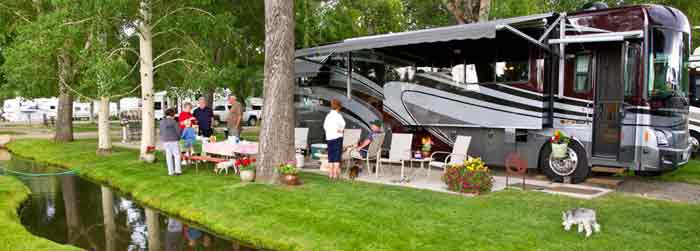


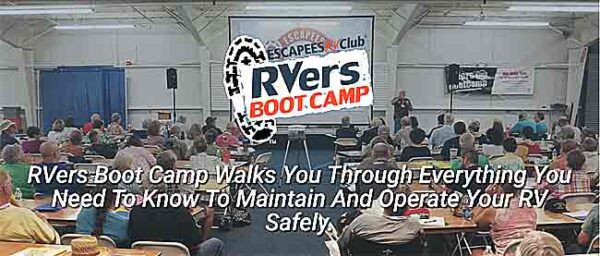
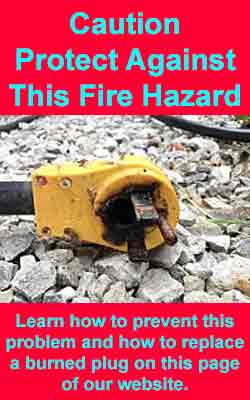

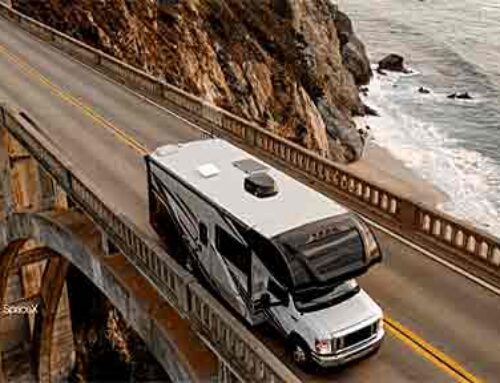

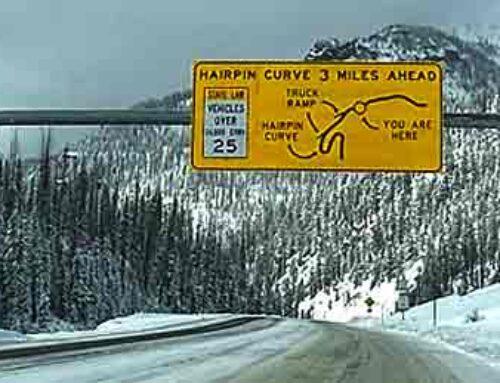
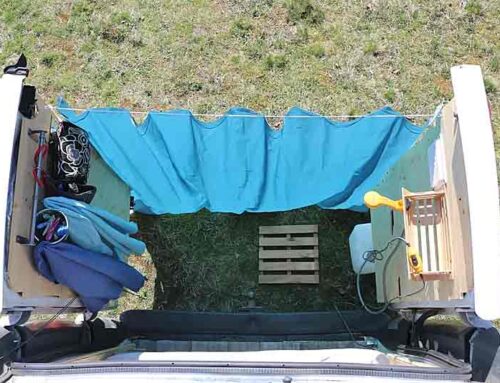

Leave A Comment